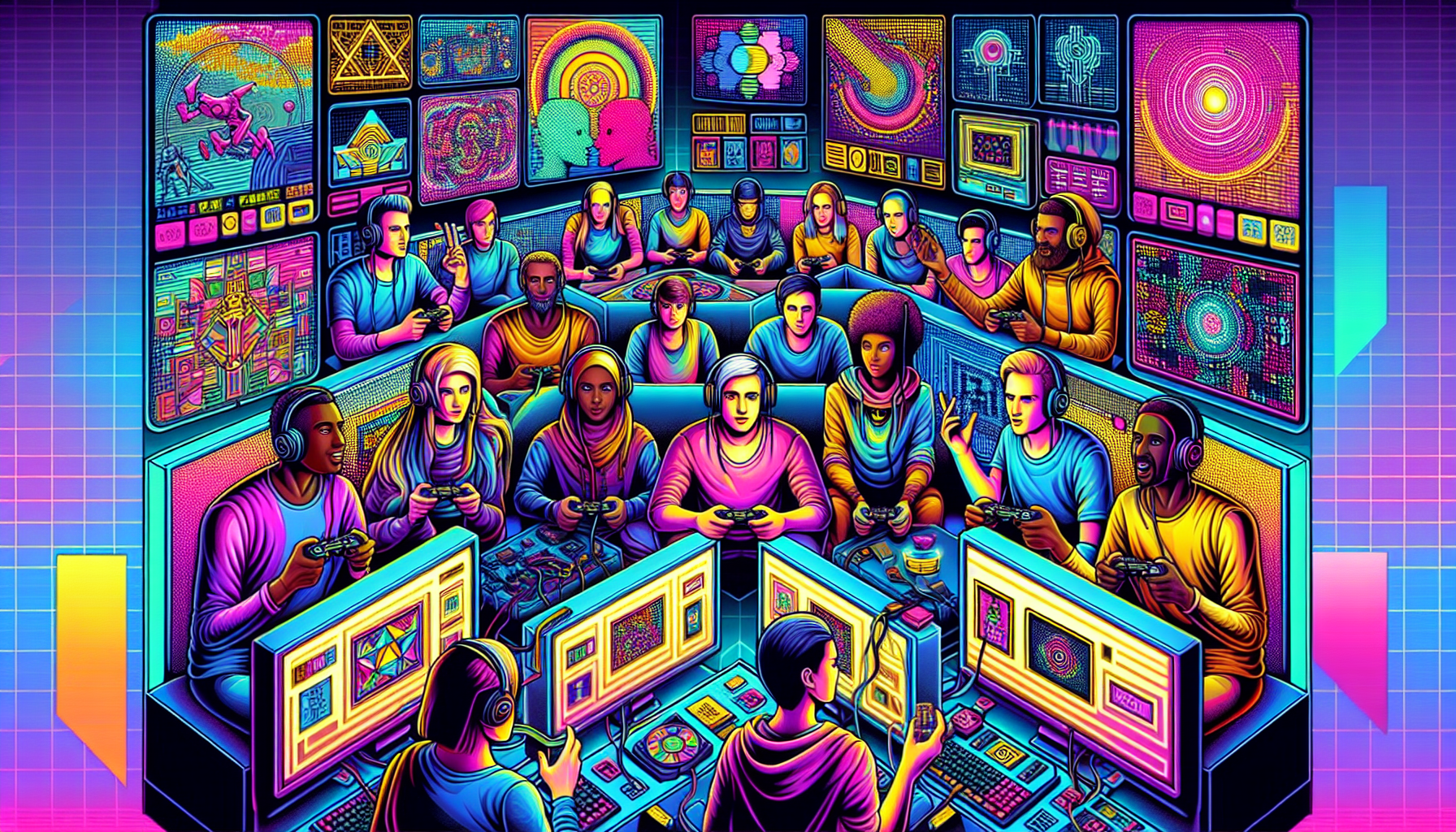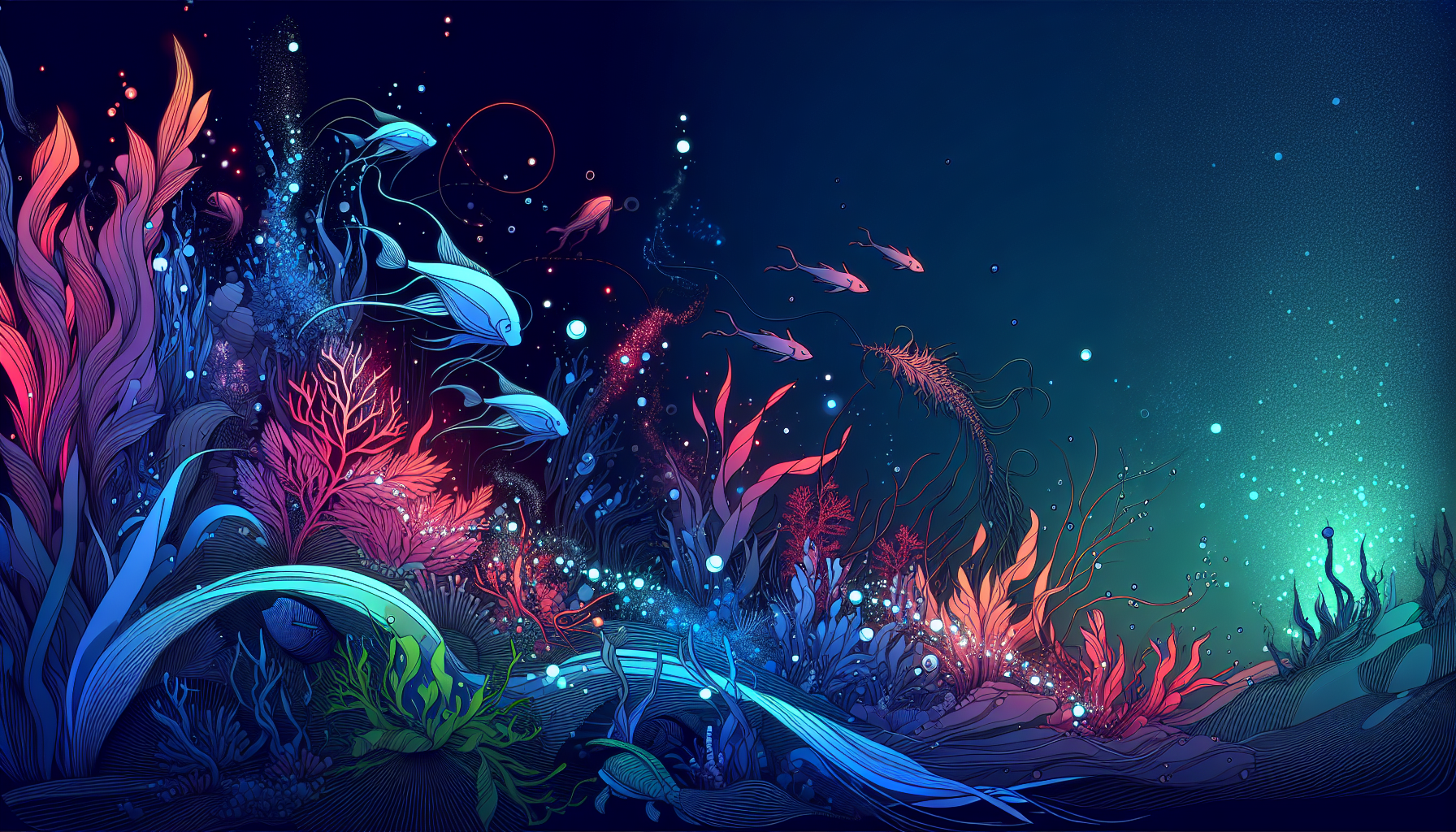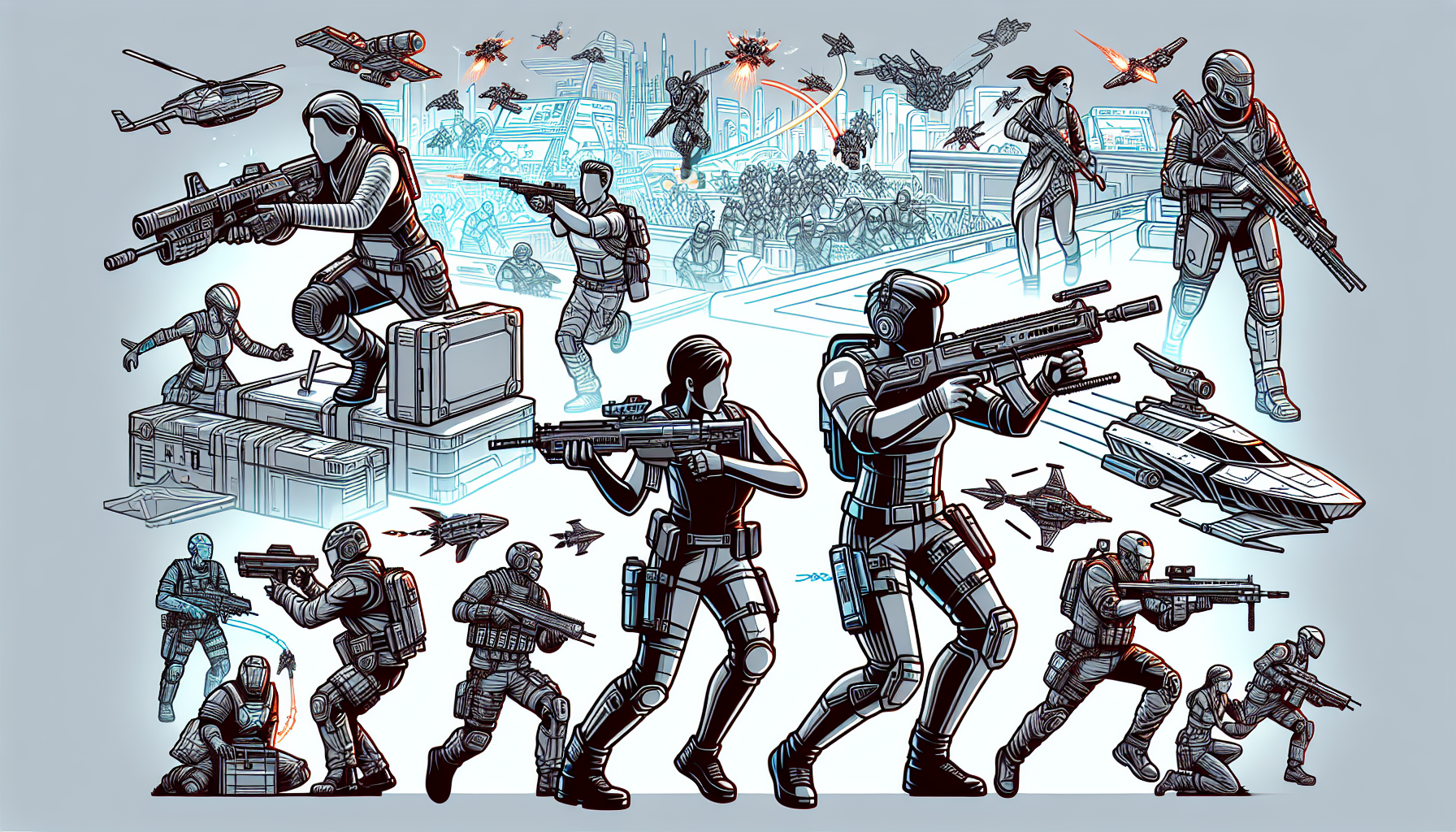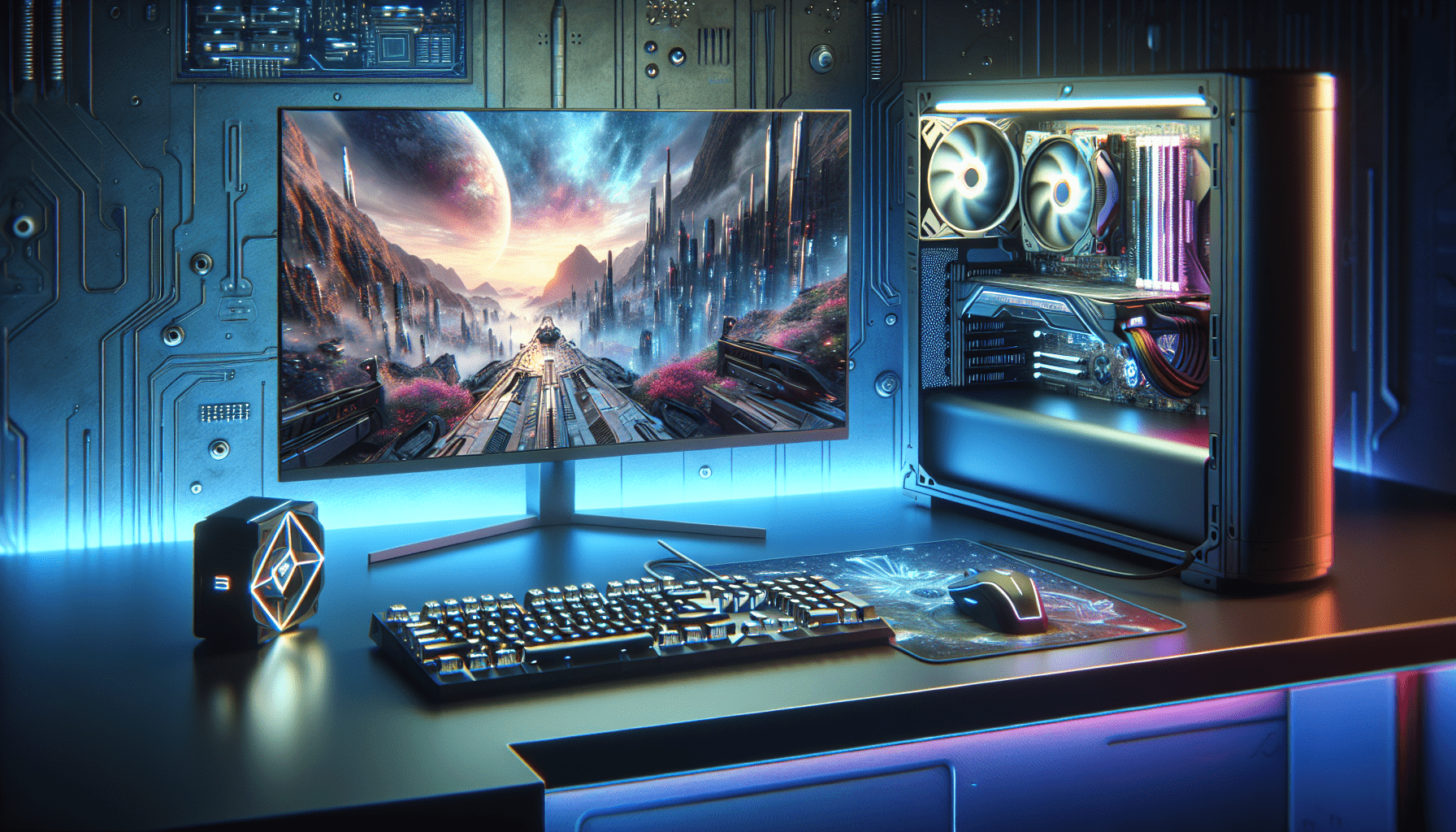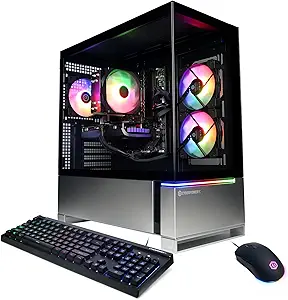In the ever-evolving realm of gaming, artificial intelligence has taken center stage, igniting intense debates about its role and impact. The gaming world recently encountered an uproar following the release of Call of Duty: Black Ops 6, where AI-generated content stirred both fascination and frustration. This backlash illustrates the complexities surrounding AI’s infusion into the gaming industry’s creative processes.
Unmasking the AI Artwork
The controversy began with a seemingly innocuous loading screen depicting ‘Zombie Santa.’ Gamers quickly noticed glaring mistakes, like the bizarre addition of a sixth finger, raising eyebrows and ire alike. This slip-up, branded by fans as ‘AI slop,’ became emblematic of deeper issues, fueled by a rallying cry for transparency regarding AI’s role in game development. Having followed gaming technology for years, I instantly recognized the frustration; after all, players have high expectations from franchises they love. The art we engage with is often an extension of the creators’ passion, so when errors like this appear, it can break the immersion we’ve come to cherish.
Players took to platforms like Reddit, voicing their dissatisfaction and demanding accountability. They argued that AI integration needs oversight, calling for developers to disclose how AI tools shape game visuals. This clarity is not just about aesthetics; it’s about preserving authenticity and quality in a franchise we cherish. How can we reassure ourselves of the stories we love when the visuals appear hastily generated? This conversation transcends pixels on a screen; it speaks to the heart of creativity in gaming. I vividly recall playing through meticulously crafted worlds, each piece of art a labor of love from passionate creators. Now, the thought of facing a hasty, AI-generated image instead of an artist’s vision is a jarring premonition that I can’t shake.
Creativity vs. Convenience
Generative AI brings remarkable efficiency, yet it comes at a cost—the human touch in artistry. In 2023, the gaming industry witnessed over 10,500 workers facing layoffs due to AI tools replacing traditional roles. This shift is reminiscent of the early days of digital animation but on a much larger scale. For artists, this change signals a potential loss of job security and artistic input. I can’t help but revel in nostalgia for the hand-drawn magic that once defined gaming; those intricate animations told stories in ways that feel more authentic than some modern mechanics.
Within this turbulent environment, industry insiders voice fears about job security, especially with companies like Activision leveraging AI to streamline production. This raises profound questions—how much creativity can we entrust to AI, and what does this mean for the future of game design? I recognize the allure of quicker processes, but can’t help but worry about what we’re sacrificing for the sake of efficiency and speed. Reflecting on my own experiences in creative projects, I’ve often found that the magic spark comes from the imperfections and unique styles of the individuals behind the work. Will AI, with its sterile perfection, reduce the vibrancy that makes gaming resonate with us?
Developers find themselves divided; some view AI as an innovative companion that opens new creative pathways, while others see it as a direct threat to their livelihoods. This debate reminds me of the arrival of online gaming; enthusiasts and purists clashed over what the future should look like. Competitors like Valve are already implementing AI disclosure rules, attempting to navigate the ethical quagmire of AI’s growing influence in gaming. The hope is to strike a balance that maintains the industry’s creative spirit. It’s crucial that we don’t lose sight of the human narratives at the core of these experiences.
The Ethics of Tomorrow
The intersection of technology and ethics comes to a head with AI’s impact on copyright and job displacement. The gaming community is a melting pot of viewpoints, with some embracing AI as a valuable creative partner while others view it as a threat to human talent. Conversations at conventions and industry meetups often revolve around this controversial integration. While AI has the potential to enhance gameplay and create new immersive experiences, what happens when the creators—the developers, artists, and writers—are left behind? Reflecting on my visits to gaming conventions, I remember the vitality of face-to-face discourse, where developers shared their stories and struggles. Can we still have those conversations if the creators become invisible in the AI-driven landscape?
Unionization is emerging as a critical focal point for those advocating for worker rights, mirroring movements in Hollywood against AI in writing. Developers are calling for the establishment of regulatory frameworks to help ensure AI acts as a tool rather than a substitute for human ingenuity. As I scan the landscape, I notice an industry at a crossroads—embracing AI’s capabilities while ensuring ethical considerations are at the forefront is no small feat. The challenge is to find a way to incorporate innovations without losing sight of the human essence behind the games. Players deserve to know who crafted their experiences, reclaiming the spotlight from algorithms.
Profit at What Cost?
Activision’s use of AI isn’t limited to dubious loading screens. The introduction of AI-generated cosmetics in games like Call of Duty: Modern Warfare 3 illustrates its commercial potential. By employing generative AI to cut costs, companies explore new territories in creative management and affordability. As a budget-conscious gamer, I certainly see the appeal of more accessible customization options, but we must ask ourselves—at what expense do these savings come?
However, these strategies invite skepticism and criticism. As the presence of AI-generated content increases, the need for ethical oversight and creative authenticity becomes ever more pressing. How far are we willing to stretch the definition of creativity and originality when AI enters the picture? This raises an important question—where is the line between financially viable innovation and preserving our creative integrity? The thrill of unlocking unique items has always been engaging for players, but what if those unlocks no longer tell a story? A cosmetics package crafted by generic algorithms may sell quicker, yet it lacks the soul that makes each piece special.
The Future Is Uncertain
As the gaming community continues to tackle the implications of AI, one thing is clear: the dialogue is far from over. The ongoing debates spark a broader conversation not just about ethics but the future of game creation itself. If I’ve learned anything from my time in gaming, it’s that our ability to adapt is what makes us thrive. The industry stands at a nexus; choices made now will determine the landscape for generations.
The integration of AI into gaming is not just a technical evolution—it’s a chance for us to reflect on what creativity means in an increasingly digital age. The controversies surrounding Activision, while contentious, serve as a reminder that we need collective insight and foresight as the industry keeps evolving. Let’s use this moment as not only a critique but also as an opportunity to innovate responsibly, forging a path guided by values that elevate our beloved medium.

